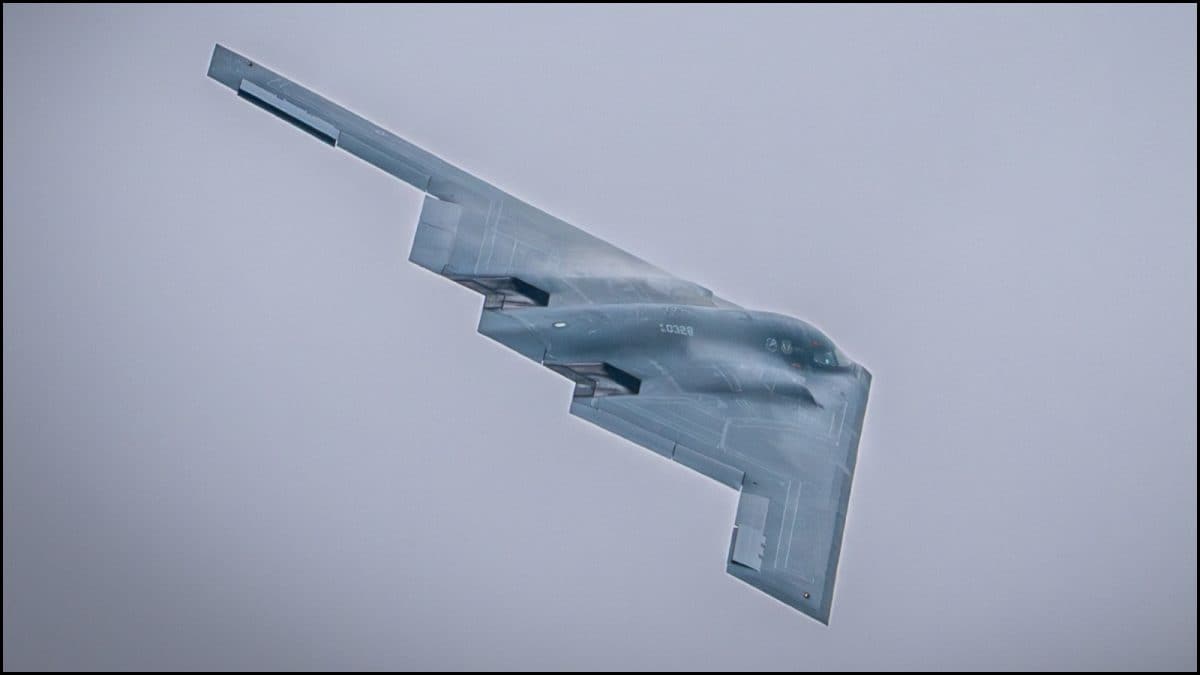ARTICLE AD BOX
Last Updated:July 01, 2025, 10:31 IST
Authorities estimate 1,500-2,200 foreign fighters are currently embedded in ISKP ranks in Afghanistan, with Indians being prioritised for operations in so-called ‘Hind Province'

CNN-News18's findings also reveal that children of Kerala-origin jihadis are being raised in Afghanistan to become the next generation of ISIS fighters. (Britannica)
A growing jihadi network operating out of Kerala, serving as a silent but dangerous conduit funnelling radicalised Indian youth into the ranks of ISIS-Khorasan (ISKP) in Afghanistan, has come to the fore during an investigation by CNN-News18.
According to top intelligence sources, radical elements in Kerala have turned the state into a key ideological processing center for ISIS recruitment, targeting vulnerable individuals—particularly economically disadvantaged Dalit minors—with promises of dignity, financial stability, and a cause.
These recruits are initially drawn in through Gulf-funded Salafi institutions like Peace International School and later indoctrinated in covert “safe houses" across Kerala, often operated by banned outfits such as the Popular Front of India (PFI) and the Social Democratic Party of India (SDPI).
The process is systematic. Once isolated, recruits are subjected to an intense ideological reprogramming process that lasts between 3 to 6 months. Salafi-Wahhabi texts are used to frame the Hindu caste system as oppressive, and jihad is promoted as a form of liberation. Recruits are stripped of cultural identity, renamed, and trained in encrypted communication, crypto-transactions via Monero, and basic weapons handling.
Most recruits travel from Kochi or Trivandrum airports using forged documents, often via Dubai or Istanbul, before reaching ISIS-controlled territories in Nangarhar or Kunar provinces in Afghanistan. Some groups, like the infamous 2016 Kasaragod Module, used land routes through Sri Lanka and Iran.
Authorities estimate that between 1,500 and 2,200 foreign fighters are currently embedded in ISKP ranks in Afghanistan, with Indians being prioritised for operations in the so-called “Hind Province".
Children Trained for War
CNN-News18’s findings also reveal that children of Kerala-origin jihadis are being raised in Afghanistan to become the next generation of ISIS fighters. One such case is that of Nimisha Fathima, a Hindu woman from Palakkad who converted to Islam, adopted the name Fathima Isa, and travelled to Afghanistan with her husband. While her husband was later killed in 2017, their daughter—born in Nangarhar—is reportedly being trained by ISKP operatives.
In another case, Sonia Sebastian, an engineer from Ernakulam who converted to Islam and joined ISIS, was killed in a US drone strike in 2019. She was indoctrinated in a PFI-linked safe house in Aluva before fleeing to Afghanistan.
Gulf-Kerala Nexus Fuels Radicalisation
With over two million Keralites living in Gulf countries, intelligence officials point to a well-oiled radical funding pipeline. Radical mosques and madrasas in Kerala are being financed by Gulf-based donors, allowing the network to operate seamlessly and expand across state lines.
The Uttar Pradesh Police have confirmed that Kerala-based radical groups are targeting over 50 Dalit minors annually for trafficking. Investigations linked to recent arrests in Prayagraj have revealed similar patterns, with minors being lured through offers of education and jobs, before being transported out of the country.
Past Precedents and Warnings Ignored
The threat is not new. The 2016 Kasaragod module saw 21 individuals, including women and children, radicalised in Padanna madrasas and trafficked to Afghanistan. Of those, 16 were killed in airstrikes between 2016 and 2019, and five children were eventually repatriated.
Despite repeated warnings from intelligence agencies, the network continues to evolve, using forged documents, encrypted apps like Telegram, and crypto assets to avoid detection.
National Security Challenge
Security agencies now consider the Kerala-Afghanistan pipeline one of the most urgent jihadi threats to India. Sources say ISKP views Indian recruits as particularly valuable for propaganda and operations in South Asia, especially as regional instability grows.
With the resurgence of ISKP activity in Afghanistan and new waves of radicalisation emerging from within India, officials warn that unless the domestic nodes of this transnational terror pipeline are dismantled, more Indian lives could be lost in a war far from home—but with roots disturbingly close.
Group Editor, Investigations & Security Affairs, Network18
Group Editor, Investigations & Security Affairs, Network18
- Location :
Kerala, India, India
- First Published:
News india From Kerala To Khorasan: CNN-News18 Uncovers India's Hidden ISIS Recruitment Network | Exclusive



.png)
.png)
.png)
















 3 hours ago
6
3 hours ago
6










 English (US) ·
English (US) ·